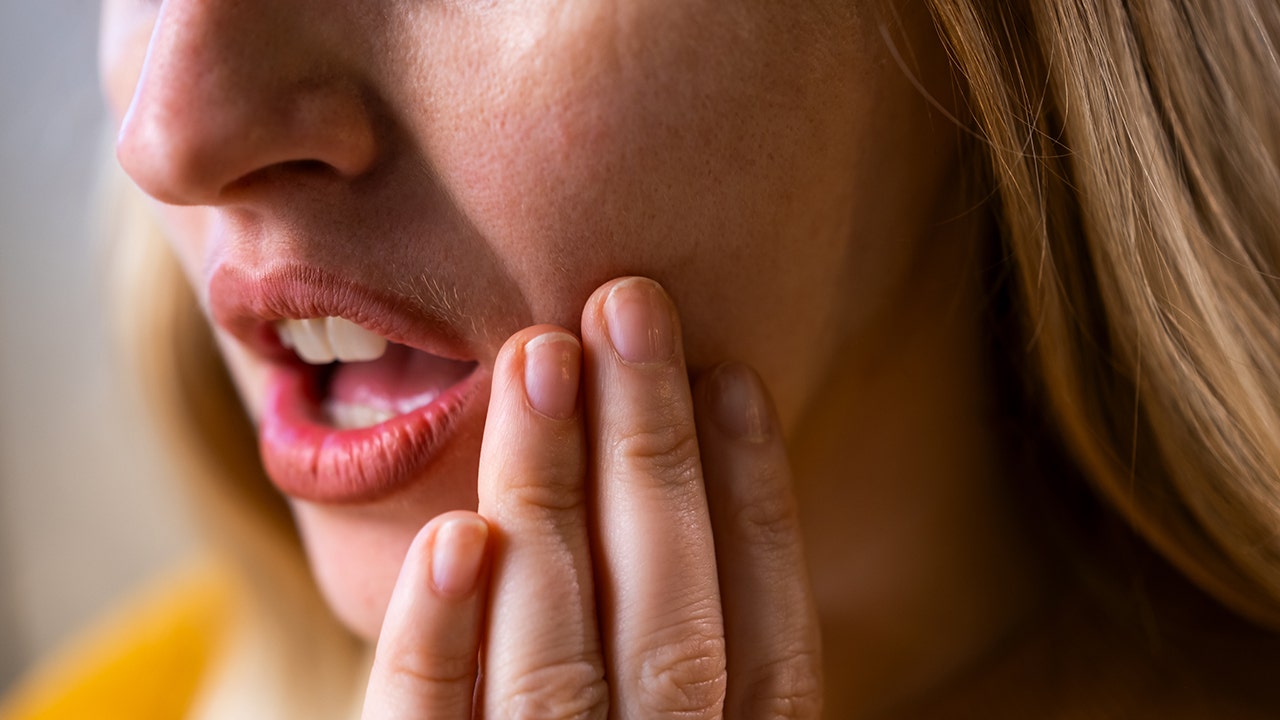What is chemo mouth? The painful condition most cancer patients experience

Dr. Rajiv Saini, a dentist and periodontal specialist from Katy, Texas, sheds light on a lesser-known side effect of chemotherapy and radiation for cancer patients known as chemo mouth. This condition can cause mouth sores and other uncomfortable symptoms, making it difficult for patients to eat, drink, or even speak.
According to Saini, chemo mouth impacts 90% of all head and neck cancer patients and around 40% of all cancer survivors. The main symptoms include red, swollen, and painful sores in the mouth, also known as oral mucositis. Patients may also experience a burning sensation, dry mouth, and a metallic taste, all of which can affect their appetite and overall well-being.
Chemotherapy and radiation therapy damage the salivary glands in the mouth, leading to a lack of saliva production and an imbalance in the oral microbiome. This weakened immune system makes patients more susceptible to oral complications like chemo mouth. Saini emphasizes the importance of regular dental exams, especially following a cancer diagnosis, to address any potential issues before they worsen during treatment.
To alleviate symptoms of chemo mouth, Saini recommends using a saltwater rinse made with sea salt, which contains beneficial minerals like sodium, calcium, zinc, chromium, and silicon. This natural remedy can help heal the mouth and accelerate the healing process, providing relief to patients undergoing cancer treatment.
Dr. Monique Gary, a breast surgical oncologist, also suggests using a saltwater rinse or “magic mouthwash” containing antihistamines and topical anesthetics to soothe chemo mouth symptoms. She advises patients to stay hydrated, use a soothing lip balm, and avoid alcohol-based mouth rinses that can worsen oral discomfort.
Despite the importance of dental care in cancer recovery, there is often a lack of dedicated dental professionals in cancer clinics, resulting in delays in oral care intervention. Saini stresses the need for improved collaboration between dental and medical professionals to provide comprehensive care for cancer patients.
In conclusion, chemo mouth is a challenging side effect of cancer treatment that can have a significant impact on patients’ quality of life. By following preventative measures, such as regular dental exams and saltwater rinses, patients can better manage the symptoms of chemo mouth and improve their overall oral health during cancer treatment.




